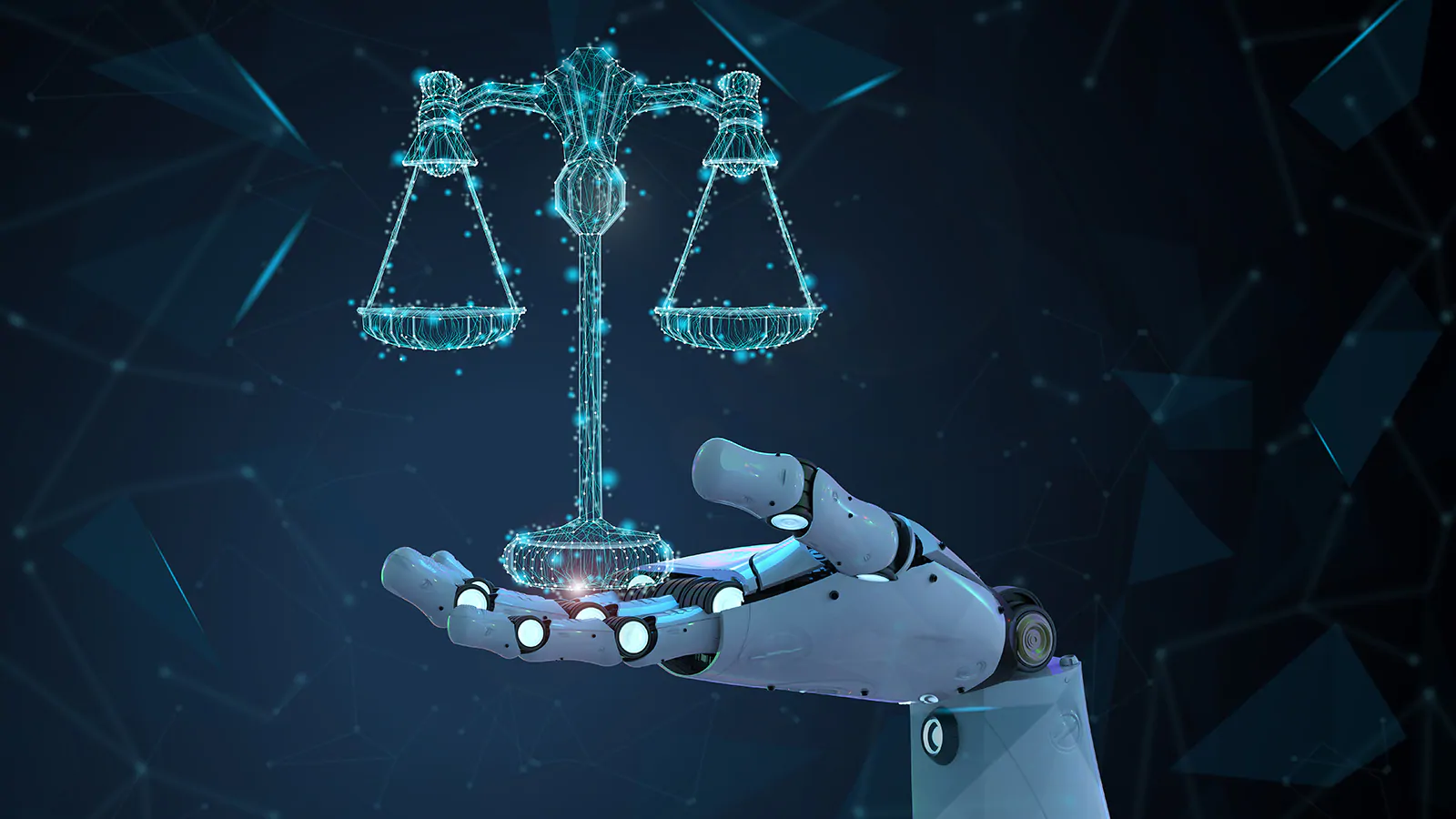Introduction:
A computer system with artificial intelligence (AI) can carry out activities that typically require human intelligence. Some artificial intelligence systems often use machine learning, some use deep learning, and some use extremely mundane things like rules.
Artificial Intelligence (AI) is making a significant impact on the legal industry, and its influence is expected to grow even more in the coming years.
It rests the obligation of clarity and consistency of judicial judgements on the fact that all court decisions, except for higher tribunals, are subject to review by higher courts. It is complicated because of the legal sector's size, dynamic character, and range of ideologies and circumstances.
While we see highly effective AI technologies in fields like humanoid robots or on mobile phones, the legal industry has made very little technical advancement. AI is yet to be deployed in the Indian judicial system for regular support. The Indian judicial system is still constrained by traditional methods in many activities, including documentation, research, exams, data analysis forecasts, and much more.
Positive effects of AI in the legal industry are:
- Document review and analysis: AI algorithms can analyze large volumes of legal documents, contracts, and agreements more quickly and accurately than humans. This can save law firms and corporations significant amounts of time and money.
- Legal research: AI-powered legal research tools can assist lawyers in finding relevant cases, precedents, and statutes more quickly and efficiently than traditional research methods.
- Predictive analytics: AI can analyze large amounts of data to identify trends and patterns that can be used to predict the outcome of a case or litigation strategy.
- Contract management: AI can be used to automate the process of reviewing and drafting contracts, as well as identifying potential risks and inconsistencies.
- Legal chat bots: AI-powered chat bots can be used to provide basic legal advice and answer common legal questions, freeing up lawyers to focus on more complex tasks.
- It helps in Minimizing the cost
- Statics
Disadvantages or limitations of AI:
1. Professionals may suffer unemployment
2. Data is vulnerable to cyber threats
3. AI Bias – at the end of the day the AI based system is also created by people, so it may also have the bias
4. All firms cannot afford the AI
5. AI softwares or machines are prone to damage
However, the use of AI in the legal industry also raises ethical and legal concerns, such as data privacy, bias, and accountability. As AI technology continues to evolve and become more integrated into the legal industry, it is important for lawyers and policymakers to carefully consider these issues and ensure that the use of AI is responsible, ethical, and in compliance with relevant laws and regulations.
There is a mistaken assumption among the lawyers and Law Firms that Artificial Intelligence or Machine Learning is a threat to their existence, or put simply, that Artificial Intelligence is going to replace Lawyers. According to data from other industries and verticals, including e-commerce, healthcare, and accountancy, artificial intelligence will only help lawyers and law firms work far more efficiently than they did in the past.
Kurella Venkat
BBA LLB HonsTop of Form

